High blood pressure, also known as hypertension, is a condition where the blood in your veins flows at a higher pressure than the recommended levels. High blood pressure is usually caused by constriction of blood vessels, which increases the resistance your blood meets as the heart pumps it. Although high blood pressure typically develops over a long period, it can be fatal if not treated at an early stage.
However, some medical conditions can cause abrupt rises in blood pressure leading to a type of hypertension referred to as secondary hypertension. This article provides detailed information on some common symptoms of hypertension, high blood pressure treatment, and the top risks should this disease be left untreated.
Contents
Headaches

Source: Oscar
Severe headaches can be an indication of high blood pressure. When blood flows through your vessels under high pressure, you are likely to experience headaches as a response mechanism. In some cases, even nose bleeding may accompany the headaches. However, there is no clear indication of whether headaches occur as a result of high blood pressure. Therefore, it’s important to have your blood pressure tested regularly.
Blood spots in eyes
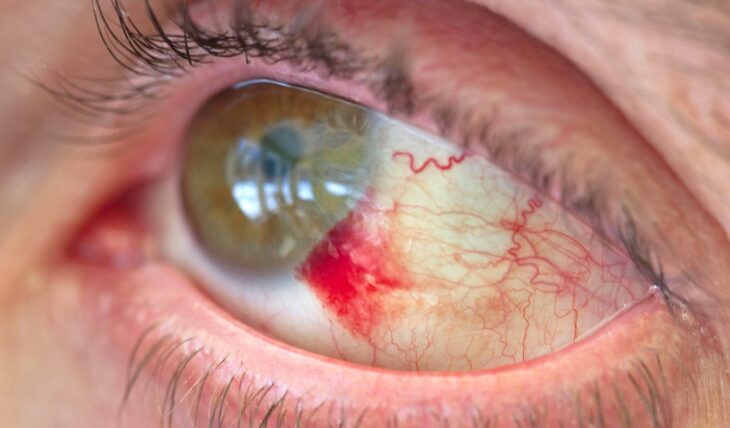
Source: Today Show
Blood spots in the eyes, also known as a subconjunctival hemorrhage, can result from the damaged optic nerve due to high blood pressure. This condition is common for many people with high blood pressure. However, blood spots in the eyes might be due to other reasons. Therefore, you need to visit an optician to determine the exact cause.
Dizziness

Source: Regional Neurological Associates
Dizziness can be a side effect of some high blood pressure medication. But in most cases, dizziness is not treated as a sign of high blood pressure. However, do not ignore this since it could be a sign of stroke.
The signs named above are not primary indications of high blood pressure. High blood pressure develops slowly over a long time, making it hard to identify the symptoms. The only sure way of telling if you have hypertension is by checking your blood pressure regularly.
What causes high blood pressure

Source: Howard Fensterman Charities
High blood pressure is classified into two categories depending on its causes. The first type is primary high blood pressure; it doesn’t have an exact cause but develops over time. Secondary high blood pressure is caused by underlying health complications, such as heart disease and kidney failure. Here are some prevalent causes of primary high blood pressure.
Genes
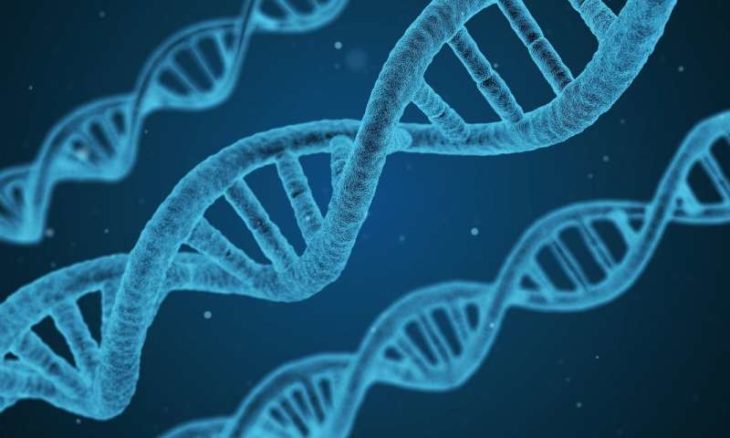
Source: internapcdn.net
Some people have an elevated risk of high blood pressure due to their genetic composition. Gene mutations inherited from your parents can lead to complications in your blood vessels that might spark high blood pressure.
Physical Changes
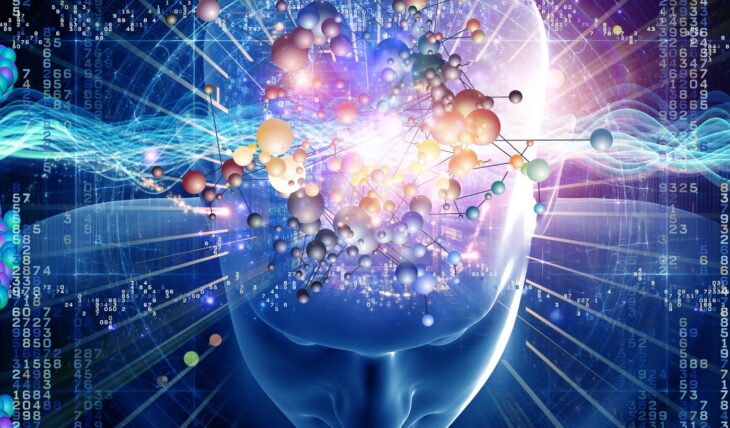
Source: Medium
Changes in the physical structure of your body might result in hypertension. For instance, changes in your heart and liver’s functions due to age might trigger an imbalance of salts and fluids in your body; this may lead to increased blood pressure.
Environment
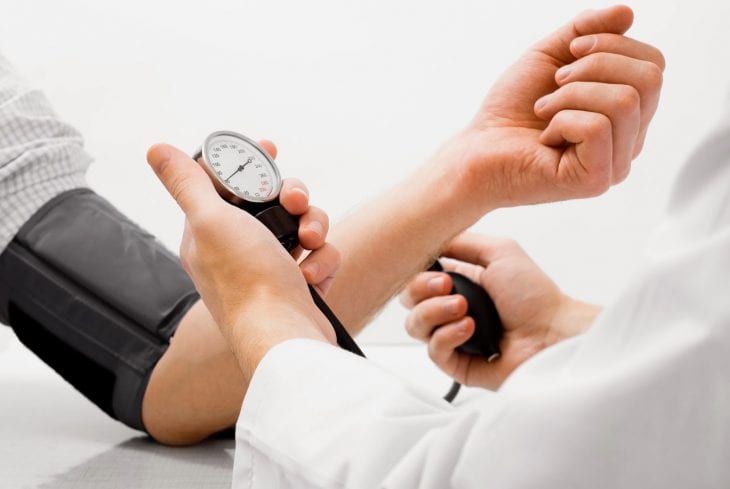
Source: waystomaintainbloodpressure.blogspot.com
Having an unhealthy lifestyle over a long time increases your risk of getting high blood pressure. For instance, a long-term sedentary lifestyle without physical exercise can lead to weight problems. Being overweight places you at a higher risk of high blood pressure. Also, consuming too much salt and fats leads to constriction of your blood vessels due to fat deposits. Thus, it may lead to hypertension.
Secondary high blood pressure develops over a short time and tends to be more severe than primary high blood pressure. Most deaths recorded as a result of hypertension usually occur as a result of secondary high blood pressure.
Here are some prevalent causes of secondary hypertension.
Kidney disease
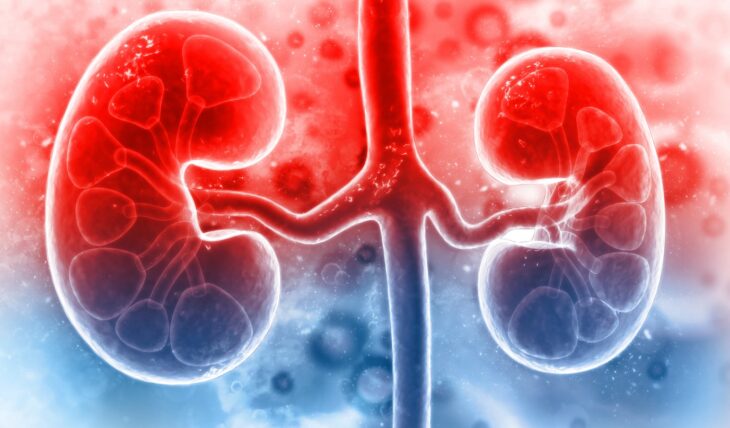
Source: DPC Education Center
Kidney disease leads to an imbalance between salts and fluid in your body. This imbalance can lead to increased blood pressure, and if the disparity continues for a long time, it might result in hypertension.
Drugs and alcohol abuse

Source: Rainbow of Love Adoptions
Excessive consumption of alcohol and drugs affects the functioning of the liver. This makes it hard for it to control essential body functions, such as blood temperature and toxin levels. As a result, long-term blood pressure often increases, leading to hypertension.
Side effects of medication

Source: Harvard Health – Harvard University
In most cases, you might experience high blood pressure as a reaction to medication for primary hypertension or any other form of medication. Once your body detects foreign substances in the form of medicine, it might react by increasing your heart rate, which might cause hypertension.
There are many other causes of secondary hypertension. These causes include congenital heart defects, certain endocrine tumors, and thyroid problems, among others. When untreated, high blood pressure can have many adverse health effects. Some of these effects are long term and reversible, while others are permanent and can even lead to death.
Here are some of the effects of untreated high blood pressure.
Heart damage
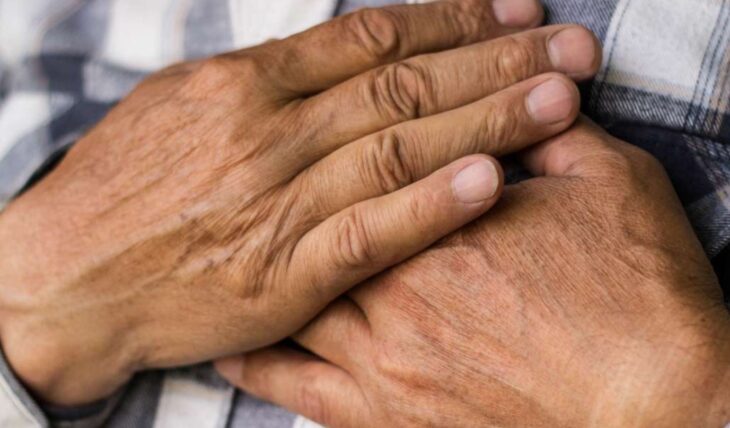
Source: Medical News Today
High blood pressure directly affects the heart. Damaged arteries due to high blood pressure inhibit the smooth flow of blood through the heart. The inhibited flow causes intense chest pains, also known as angina, and irregular heart rhythms, which can lead to coronary artery disease.
Due to high blood pressure, your heart is forced to pump blood at a higher pressure than average. This causes the left ventricle to thicken, resulting in an enlarged left heart. However, as the heart struggles to pump blood over time, the muscles weaken. Should weakening persist, it can result in heart failure and eventually loss of life.
Brain damage
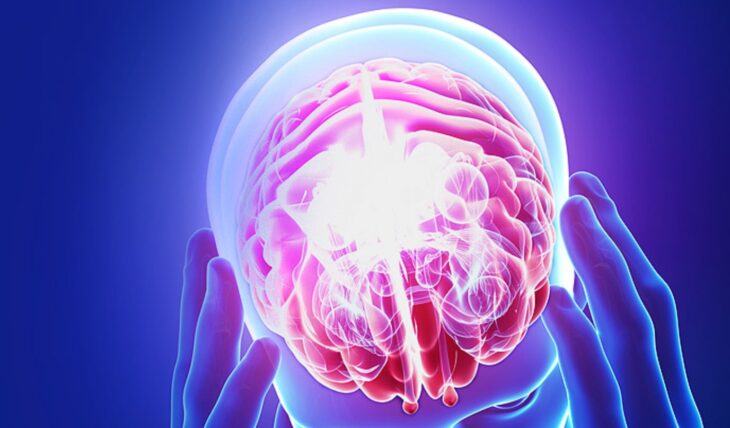
Source: Thailand Medical News
Your brain relies on nourishment by the blood supplied to it by arteries. When the supply of fresh blood is inhibited due to high blood pressure, you are at an increased likelihood of suffering from a transient ischemic attack (TIA). This is a brief interruption of the blood supply to the brain due to clots in the arteries as a result of high blood pressure. Transient ischemic attacks are also an indication of a possible full-blown stroke.
Other brain damage caused by persistent high blood pressure include dementia and mild cognitive impairment.
Damaged kidneys

Source: The Statesman
High blood pressure damages blood vessels within the kidney leading to kidney scarring, a condition also known as glomerulosclerosis. Kidney scarring means the tiny blood vessels are unable to filter fluid and waste from the blood properly. When kidney scarring is left untreated, it results in kidney failure.
Damage to the eyes

Source: For Eyes
High blood pressure damages the delicate blood vessels that supply blood to the eye, which might lead to retinopathy (damaged retina). This can cause bleeding in the eye, which might result in permanent loss of sight. The damaged blood vessels also cause fluid buildup under the retina, which causes distorted vision, a condition called choroidopathy.
Optic nerve endings might also be damaged by high blood pressure, leading to bleeding within the eye and, eventually, blindness. These damaged nerve endings are the reason for blood spots in the eyes of most people with advanced-stage hypertension.
Conclusion
Other impacts of untreated high blood pressure on your health include sexual dysfunction, among others. Although the dangers might be many, high blood pressure can be controlled and treated. There are medications and other high blood pressure treatment formulas commonly available, click here for more information. However, the most important thing is to avoid high blood pressure by staying healthy. Maintaining a proper diet and regular physical exercise plays a vital role in preventing high blood pressure.
